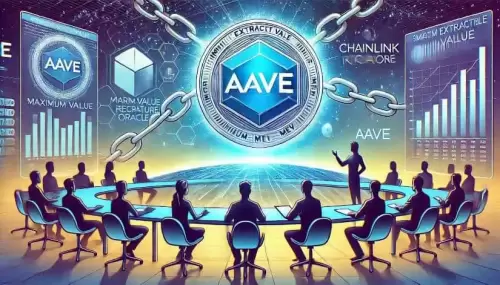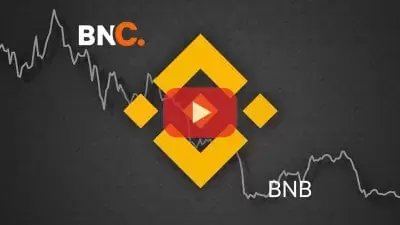The GENIUS Act, SEC's innovation exemption, and Ripple's RLUSD rating signal a turning point for stablecoins and tokenization. Here's the breakdown.

Hold onto your hats, folks! The financial world is buzzing about the GENIUS Act, the SEC's potential 'innovation exemption,' and even Ripple's stablecoin getting some serious love. It's a whirlwind of regulatory shifts and technological advancements, all pointing toward a future where assets are increasingly tokenized. Let's break down what's happening.
The GENIUS Act: Stablecoins Get a (Hopefully) Clearer Path
So, what exactly is the GENIUS Act? Think of it as the government's attempt to wrangle stablecoins into a more regulated space. Passed by the House and signed into law, it sets up a framework for supervising stablecoin issuers. We're talking about requirements for reserves (1:1, baby!), transparency in redemption policies, and monthly reporting. Basically, the goal is to make sure your stablecoins are, well, stable. The Act also includes consumer protection and anti-money laundering provisions, which is a win for everyone (except maybe money launderers).
SEC's Innovation Exemption: Tokenization Station, Here We Come!
Now, let's talk about the SEC's potential 'innovation exemption.' SEC Chair Paul Atkins is hinting that they're looking at ways to make it easier for companies to tokenize assets. Tokenization, for the uninitiated, is the process of turning rights to an asset (like real estate or art) into digital tokens on a blockchain. The SEC's thinking is that by creating a regulatory sandbox of sorts, they can encourage innovation in the DeFi space and attract more players to the tokenization game.
Ripple's RLUSD: The New Sheriff in Stablecoin Town?
And just when you thought the news couldn't get any juicier, Ripple's stablecoin, RLUSD, has been named the safest stablecoin by Bluechip, a stablecoin ratings agency! Apparently, it's backed by US treasury bills, government money market funds, and bank deposits held by Bank of New York Mellon. What makes it even more impressive is that it’s reserves are segregated and not co-mingled with those of its operations. The report also noted that the reserves backing the stablecoin were segregated, a move that ensures that they are not comingled with those of its operations.
Why This Matters (and Why You Should Care)
All of this adds up to a potential sea change in how finance operates. The GENIUS Act provides a framework for stablecoins, the SEC's innovation exemption could unlock a wave of tokenization, and Ripple's RLUSD is showcasing a path forward for stablecoins. What does this mean for you? Possibly more access to different types of investments, more efficient financial transactions, and a whole lot of new opportunities in the digital asset space.
My Take: Cautious Optimism
While all of this is exciting, it's important to stay grounded. Regulations can be tricky, and the devil is always in the details. Will the SEC's exemption be broad enough to truly foster innovation? Will the GENIUS Act stifle smaller players in the stablecoin market? These are questions that remain to be answered. But overall, the direction seems clear: digital assets are here to stay, and regulators are starting to take notice. I am personally optimistic, especially given Paul Atkin's forward-thinking stance in policy-making. As he remarked, "If it can be tokenized, it will be tokenized."
The Bottom Line
So, there you have it. The GENIUS Act, the SEC's innovation exemption, and Ripple's RLUSD are all pieces of a larger puzzle, one that's reshaping the future of finance. Keep an eye on these developments, because the world of digital assets is only going to get more interesting from here on out. And who knows, maybe one day you'll be trading tokenized Picassos from your phone. Stranger things have happened!













































































